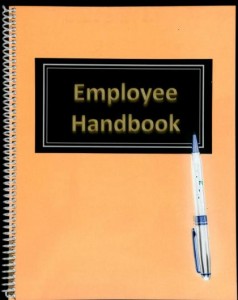It might be the year 2015, but there is still a lot of unlawful discrimination going on in our world, even for pregnant women. In 2006, the EEOC actually received over 5000 complaints from new moms where they were having trouble at work because they were pregnant. But, in 2015, while this number has gone down, it’s still quite a problem and is still quite prevalent in the workplace. There are laws that keep you safe, however, but sometimes it’s less about complaining about being treated unfairly and more about knowing your rights. If you are pregnant or you want to know more about pregnancy discrimination, continue to read below for more information.











